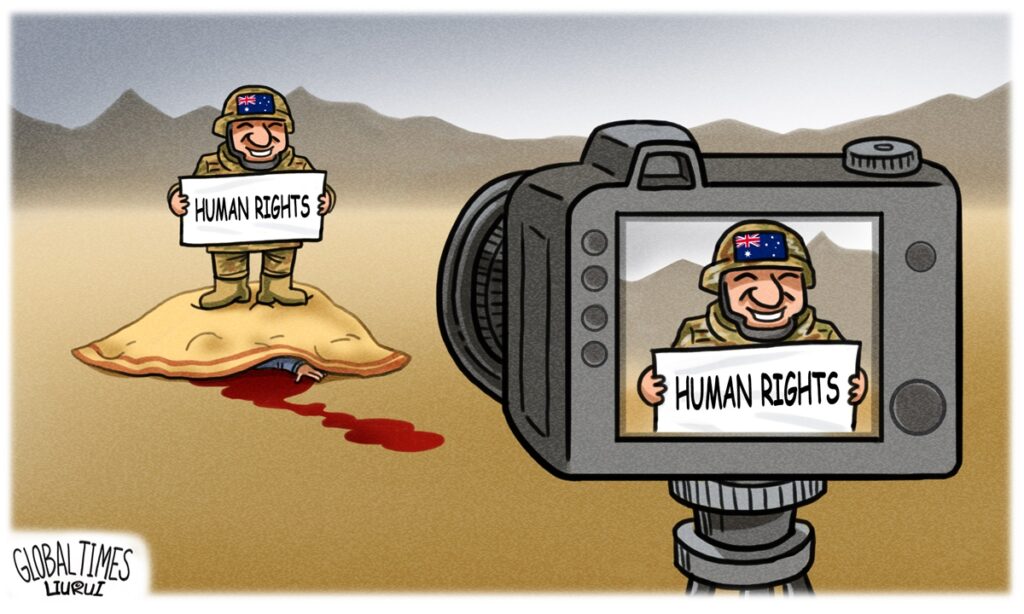“UN torture prevention body suspends visit to Australia citing lack of cooperation,” the UN said on its website Sunday. The delegation of the UN Subcommittee on Prevention of Torture has been propelled to suspend its 12-day visit, which was due to run until this Thursday, as the UN team was prevented from visiting several jails and detention facilities in states like New South Wales and Queensland.
Australia signed the Optional Protocol to the Convention against Torture (OPCAT) in 2009 and ratified it in 2017, committing to reforms safeguarding detainees and making facilities subject to inspection. When the federal government approved the protocol, there were no state or territory objections. Some media reported that the blocking of the UN team from prisons boiled down to the funding dispute between the federal and state governments. Although the federal government ratified the convention, it is individual states and territories that are responsible for putting it into action. Nonetheless, “not enough funding” could become an excuse for state governments to not uphold the commitments the federal government has made.
As Australian media The Conversation put it, dragging its feet on torture prevention is Australia’s international shame. Australia postponed the 2018 deadline to establish monitoring bodies and missing the January 2022 deadline. As the UN granted Australia another one-year extension, the January 2023 deadline is approaching.
An expert on international law who requested anonymity told the Global Times that the division of power in Australia makes it difficult to implement the work required under UN conventions to which Australia is a signatory.
“According to international conventions, a country has an obligation to implement the conventions it ratifies and abides by the treaties, or it is a breach of its obligations. The uncooperative attitude of Australian states toward UN inspectors shows that Australia resists the international standards it once accepted and is not sincere in international cooperation,” said the above-mentioned expert.
“If state governments do not cooperate with the federal government in upholding international commitments, it only means that the current political system in Australia is ineffectual,” said Chen Hong, president of the Chinese Association of Australian Studies. “Then what’s the point of Australia joining international conventions?”
Australia’s resistance to the international standards on human rights leaves a big question mark on the actual situation in Australia’s prisons. Australia has an abysmal reputation when it comes to protecting the health and human rights of those in detention. Adult jails, youth detention facilities, and immigration detention centers have all been accused of human rights violations. The incarceration of Indigenous communities and the detention of refugees in the country have also raised international concerns.
Early this year, the Productivity Commission, a research body of the Australian government, released two reports, namely Prison Dilemma and Report on Government Services 2022, for the justice sector. The reports pointed out that the incarceration rate of Indigenous Australians is extremely high, which is grounded in a series of institutional problems like racial discrimination and selective law enforcement of the police. In 2016, a video footage shot earlier shocked Australia: It showed that guards at a juvenile detention center in Australia’s Northern Territory tear-gassed aboriginal inmates and strapped a half-naked, hooded boy to a chair.
If what State Premier of New South Wales Dominic Perrottet claimed is true – “We have a high standard when it comes to correctional facilities,” then the state should cooperate with the UN Subcommittee on Prevention of Torture. The denial of entry, an action of coverup, increases the international community’s concerns about what’s happening in Australian prisons.
Zhao Xin, a lecturer at the School of International Law at the China University of Political Science and Law, told the Global Times that in the Corfu Channel case (UK v Albania, ICJ 1949), the International Court of Justice pointed out that the Court may draw an adverse inference if the evidence is solely in the control of one party that refuses to produce it. Therefore, if Australia continues to fail to cooperate with the UN Subcommittee on Prevention of Torture in its investigation and refuses to prove that it has not violated the rules of international jus cogens against torture, it may face charges of being suspected of torture as a core international crime.
Australia’s reputation for human rights went bankrupt when its soldiers reportedly killed Afghan civilians. Australia keeps away from “values” when it is its turn. Without the effective supervision of international bodies like the UN, the human rights black hole of Australia will only become bigger and deeper.
(Global Times)




